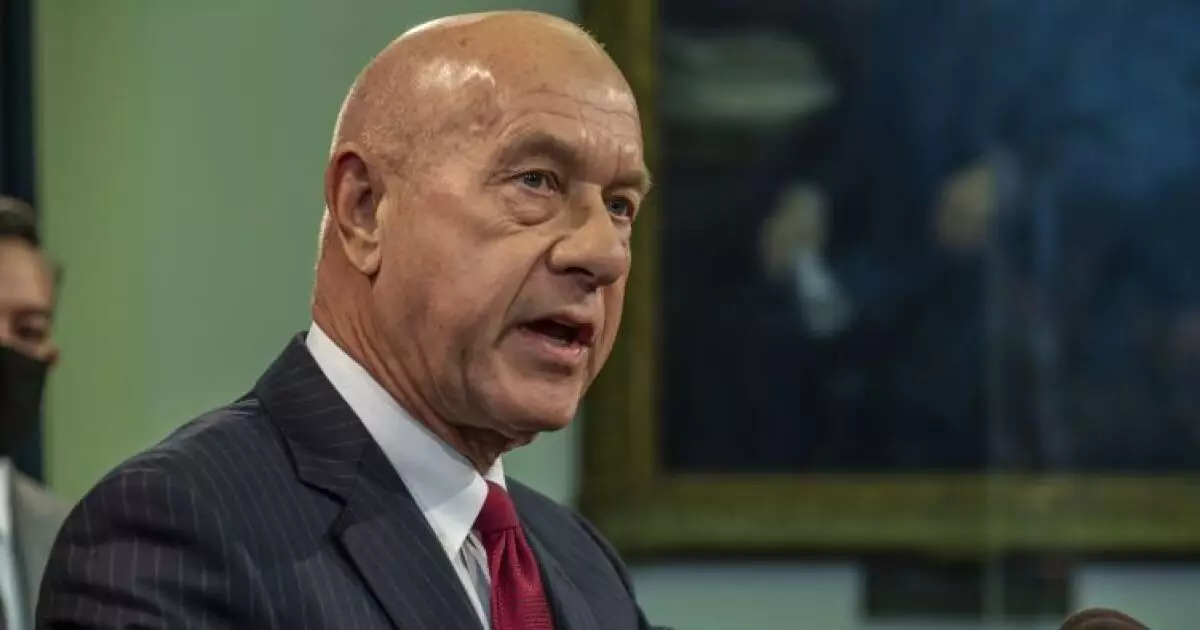In a significant move, Houston’s local government has taken a proactive approach towards fiscal responsibility by launching a detailed roadmap aimed at enhancing operational efficiencies and accountability for the upcoming Fiscal Year 2026 budget. The initiative, highlighted by Mayor John Whitmire, is based on findings from an Ernst & Young study commissioned last year, aiming to streamline city operations and foster a transparent environment where public spending is closely monitored. This blueprint is not merely a reaction to financial struggles; it’s a calculated strategy to empower the city in achieving better outcomes and eventually restoring public trust.
Addressing the Structural Deficiencies
Houston’s financial predicament is pressing, with the city beginning Fiscal Year 2025 under a $7.3 billion budget. A structural budget gap necessitated the utilization of reserves, which has not gone unnoticed by financial service companies like Fitch Ratings and S&P Global Ratings, who downgraded their outlook on Houston’s credit-worthiness. The city’s financial health has further been compromised by commitments like the controversial $650 million lump sum payment to firefighters arising from a recent collective bargaining agreement. As the city grapples with significant budgetary commitments, including a looming payment of at least $100 million dedicated to drainage and road improvements, a proactive stance is crucial to avert fiscal instability.
With the mounting financial challenges, including a projected structural deficit exceeding $300 million, Houston is not at a crossroads but rather entering a critical phase that demands both immediate action and long-term strategic planning. Mayor Whitmire asserted his confidence in the efficiency study potentially yielding between 5% to 15% in spending reductions, but highlighted that the implementation of these recommendations would take time and diligence, likening it to a gradual shift, rather than an instantaneous change.
Houston’s Chief Financial Officer, Chris Hollins, has emphasized the importance of scrutinizing the outcomes of the proposed efficiencies. He advocates the formation of an emergency task force to address the city’s pressing financial issues, recognizing that while the efficiency study suggests promising avenues for cost-cutting, thorough examination of their broader financial impacts is essential to ensure responsible governance.
An often-overlooked aspect of fiscal management involves the relationship between city officials and residents. Mayor Whitmire remarked that improved efficiencies and service delivery would be pivotal for fostering public willingness to support additional revenue generation down the line. Engaging Houston’s citizens in a transparent dialogue about financial constraints and the intricacies of budget allocations is vital. To rebuild trust, the government must not only present a clear plan but also actively solicit feedback from those who are directly affected by these financial policies.
Houston is embarking on a multi-faceted strategy aimed at restoring fiscal health through enhanced operational efficiencies and transparent budgeting processes. As city officials navigate through pressing financial challenges, their commitment to transparency and public engagement will be crucial in securing the trust and support of Houston’s residents as they work towards a sustainable financial future.

